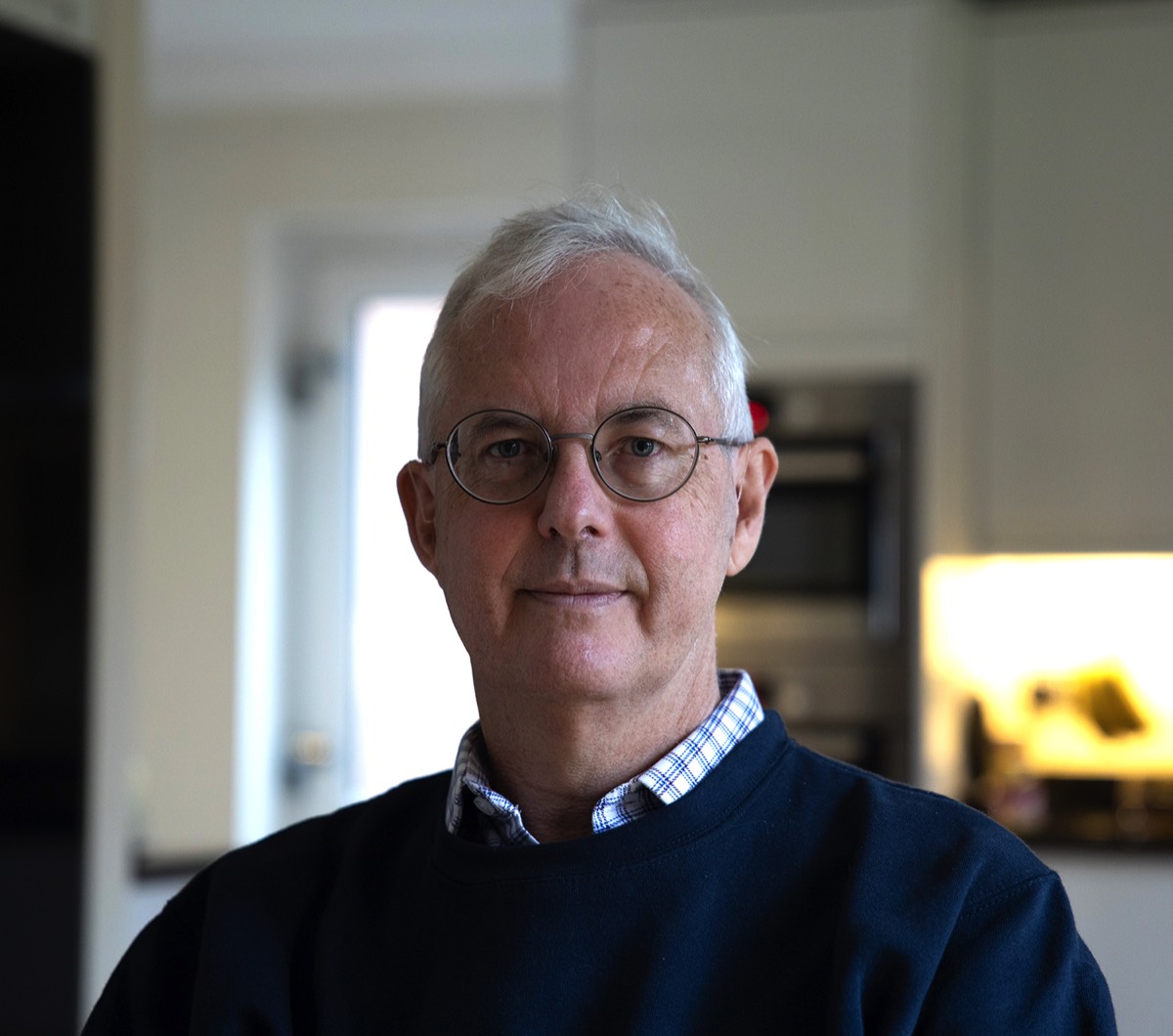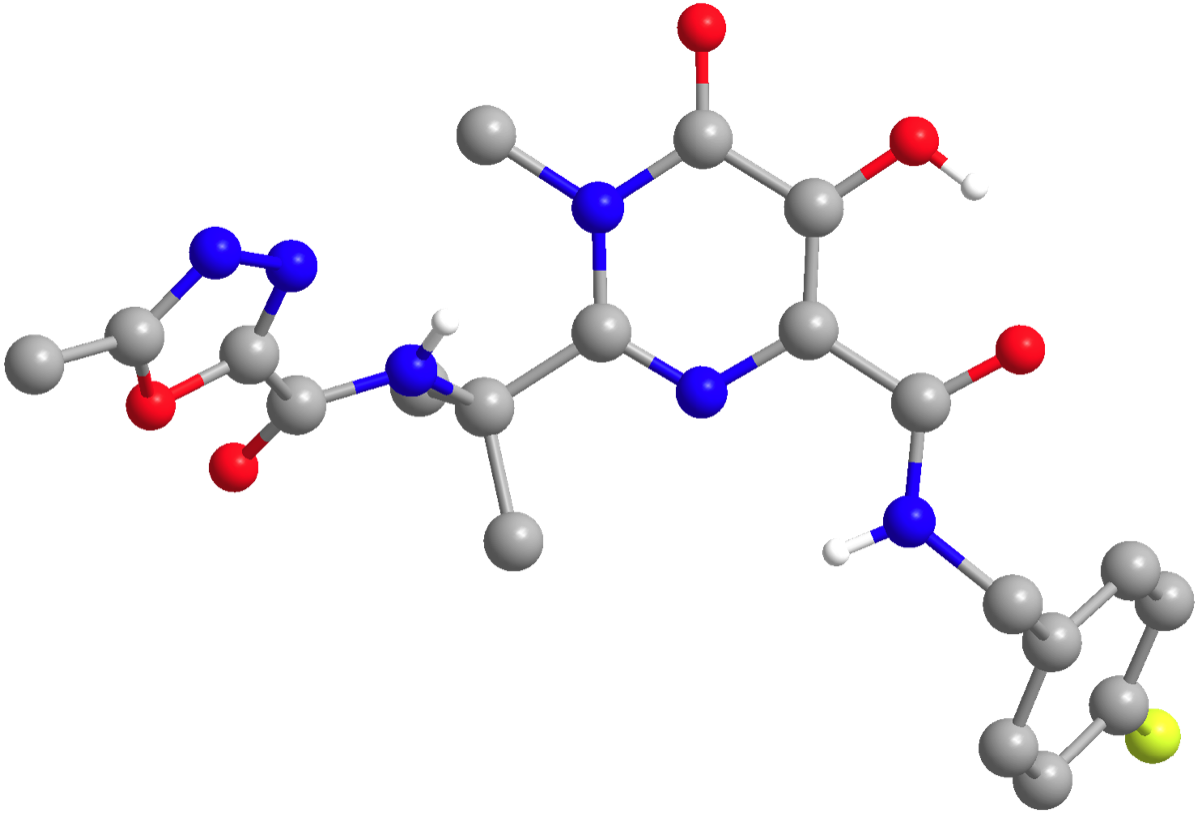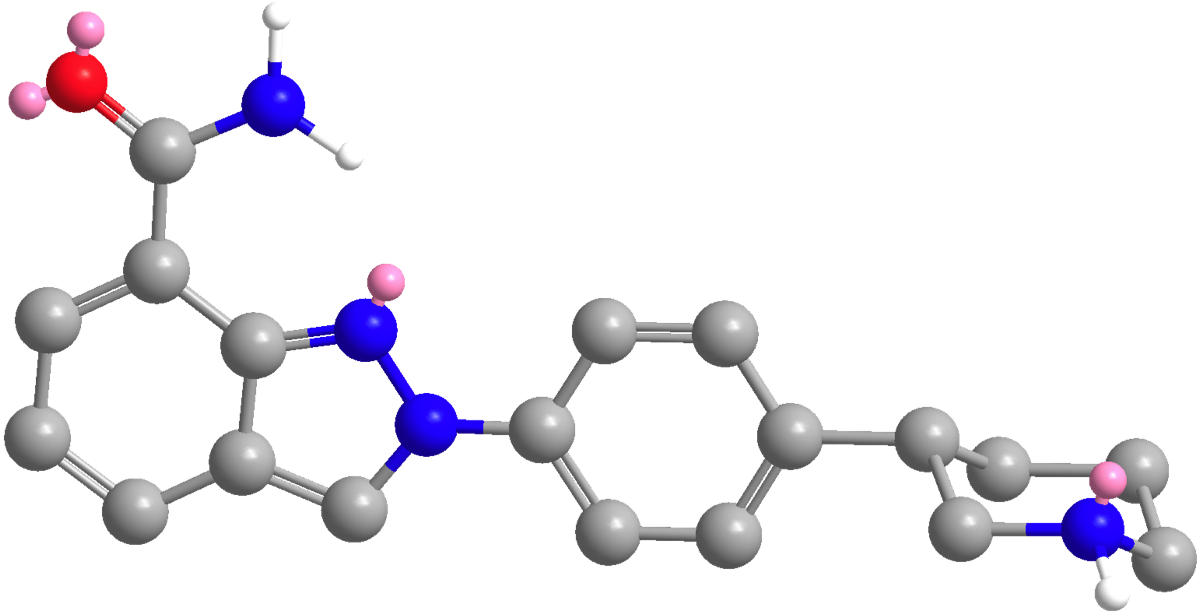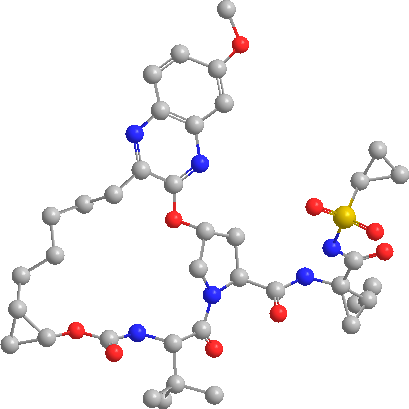Xelaro is based in the UK, between London and Cambridge.
The Medicinal Chemistry consultant is Mike Rowley PhD who has 30 years of experience in drug discovery medicinal chemistry. Mike received his MA (First Class) in Natural Sciences at Pembroke College, Cambridge followed by a PhD in organic chemistry with Ian Fleming in Cambridge. He then spent two years as a postdoctoral fellow at Harvard, working with Yoshito Kishi. He is an author on over 100 peer-reviewed journal articles, and inventor of more than 40 patents. He is a Fellow of the Royal Society of Chemistry, has been awarded the American Chemistry Society Heroes of Chemistry Award and in 2017 was inducted into the ACS Medicinal Chemistry Division Hall of Fame.

Mike started his pharma career in the UK working on CNS disorders at MSD (Merck in the US). He moved within MSD to the IRBM (MSD site in Rome) as Head of Medicinal Chemistry (and, latterly, DMPK) for eight years, where his team discovered Isentress™ for HIV, grazoprevir (a component of Zepatier™) for HCV and Zejula™ for ovarian cancer. After 20 years at MSD, Mike spent 2 years leading cardiovascular and diabetes chemistry at AstraZeneca in Sweden, then assumed an international role in MSD based in Luzern, Switzerland, responsible for Merck global medicinal chemistry scientific strategy. Finally, Mike joined Pharmaron to set up a Drug Discovery team in the UK. He became an independent consultant in 2019.
He was a member of the Merck Research Laboratories Drug Development Review Committee for a total of 11 years, being involved in decisions to take over a hundred molecules forward to preclinical development across a broad range of therapeutic areas. He served on the senior leadership team at the IRBM, at the Gothenburg site for AZ, Merck Global Chemistry, and set up the Discovery group for Pharmaron in the UK.
Mike has worked in CNS, oncology, diabetes, cardiovascular, liver disease, and antivirals, He has worked with VC's in the US, UK and Europe and consulted with small AI companies. He has experience with small molecule drug discovery from hit finding (DEL, HTS, scaffold hopping and some with FBDD) through candidate selection. Modalites include oral small molecules, PROTACs and ADC's. Targets have included ion channels, enzymes, molecular glues, GPCRs, and projects run with phenotypic screens
Xelaro consults with a variety of organisations in the UK, EU and US (Charities, Universities, CROs, Biotechs, Law Firms, Investment Companies and Pharma).
Expertise is in the hit finding to candidate stage of small molecule drug discovery projects.
The type of work we have been involved with includes:
Click each to see more
Detailed advice on medicinal and synthetic chemistry
We become an integral member of your project team. Using an hypothesis based approach, issues are addressed by designing individual compounds, following their synthesis with your CRO, and analysing the results to feed back into the next compounds. We attend your weekly meetings, answer queries immediately, make presentations to the team and other stakeholders and have a deep and long term commitment to the project. Advice is given on entire project strategy and support provided for IP filings.
This is a commitment we do not take lightly. It involves around 2 days per week of our time and real commitment to achieving your goals. We have done this on a small number of occasions and are beginning to see molecules going into man from our work.
The involvement typically ends once you decide you have a candidate ready for GLP toxicology studies. If needed we will help in finding suitable CMC, formulation and toxicology experts to guide the next phase. We normally step back at this poiint, but are willing to help as needed in the future.
Due Diligence Work
We have done many due diligences for VC and Pharma clients. We seek to understand what the cleint wants, whether there are special issues to look out for, and what kind of report (oral or wrtten) is required. It is hard to know in advance how long these take, as different companies provide different level of detail to examine. If original data is made available, then that is checked (and often interesting information gleaned that is not present in a presentation). The range is around 5 to around 30 hours of work (and you can specify an upper limit if necessary). Due diligences in the past have covered companies wiht one early stage project through those with a portfolio including what the companies think are clinical candidates. We provide straightforward, critical, science based comment that helps you make the right decision on whether or not to invest.
Training and mentoring in medicinal chemistry
We have provided one to one mentoring with scientists in the early to middle of their career. This is often scientific, but can also cover communication style, navigating an organisation, or career planning. Sometimes a neutral third party can help in ways an insider cannot. We can also provide lectures on high level med chem strategy and communications. Tallored courses can be offered in special cases.
Intellectual property advice from a scientific perspective
We do not replace an IP attorney. But we can offer advice on IP strategy, scope, and timing of IP filings for small molecule drugs. We have also worked with a top London law firm on a major piece of patent litigation between two very large companies. That litigation was settled when the law firm's client received a multi-billion dollar settlement from the other company.
Project review
We give an expert outside review of your project. Often, a small company will have a single medicinal chemist. Medicinal chemistry is highly complex with enormous amounts of data and even the best individaul can become blinkered or take a path with no end. We can offer an outside view, bird's eye. We do it in a supportive constructive way: the type of questions we ask are 'if you follow this path, have you thought of...?', 'why is this important?', 'how does this fit to strategy?'. It is not something that we often do, but if I were running a project on my own, it is definitely something I would put in place. Two minds are better than one, even if the one is superb.
Portfolio Review
If you are running more than one project, how are you allocating resource? Can you afford to do it all? Which is the most important? Do you really have a runway? Are projects on track? We can help you think through these questions. Even if there is only one project, some of these questions apply. As scientists, we are superb at answering the question 'How?' We are much less good at answering the question 'Why?' We help you think through that. And, sometimes, the answer is 'No good reason at all.'
Evaluation of capabilities
Sometimes a company is looking to invest in a new drug discovery capability, either as an investment or to use in their project(s). We can provide a critical assessment of that capability. We go below the hype to discover what it actually offers, allowing you to make the best decision on what can be a major investment. 'Does this add value for (considerable) money?', 'Is this a long term, growing piece of science?', 'Can I trust what we are being told?'. These are some of the questions we can help you answer.
Choosing your CRO partner
Mike has inside knowledge of the Chemistry CRO business, having set up the Drug Discovery team in the UK for Pharmaron, one of the two big Chinese CROs. He has also worked witih all the major UK CROs along with others in China and India. The typical model for a small company is to outsource its chemistry - we can help you make the right decision on where to do that, based on cost, convenience, quality and security.
How we work
Typically we will have an hour or so's Zoom or Teams call to establish if there is a mutual interest, that I am not conflicted, and that I can help (I do not charge for this part). We then do appropriate formalities (CDA and contract) and are in a positon to work together. Normally we have agreed an hourly rate and I invoice monthly with a detailed accounting of time worked on the project. We have the tools (hardware, software, database access, literature) to do the job and it would be unusual for us to charge for these (possible exceptions include licenses for large scale project databases).
I am scientifically challenging - you should not approach me if you are looking to be agreed with and reassured. I work with clients for as long I am making contributions and it is not unusual for me to say 'you have reached the point that I am not the right person now' and part on good terms until the next time. I have, with multiple clients, reached the point they declare a candidate, and am an inventor on many filed patents with those and other clients.
In most cases I work remotely but am willing to travel (with expenses paid) when necessary. Often, when convenient, it is good to do this at the beginning of a project to build relationships.
Publications
Key Publications
Links open in a new window
Total Synthesis of Ophiobolin C. J. Am. Chem. Soc., 11, 2735, 1989.
All Publications (>100 papers, >40 patents)


